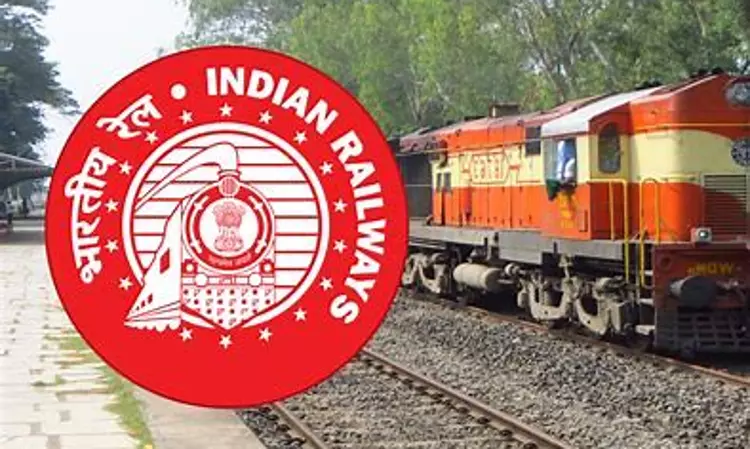Arbitral Tribunal Is Master of Evidence, Delhi High Court Upholds Award Against Railways
Rajesh Kumar
27 Aug 2024 3:00 PM IST

Next Story
27 Aug 2024 3:00 PM IST
The Delhi High Court division bench of Justice Rajiv Shakdher and Justice Tara Vitasta Ganju has held that when an arbitrator delivers an Arbitral Award, the assessment of the quality and quantity of evidence presented to her must be respected, and any reasonable conclusion drawn by the arbitrator based on the facts should be upheld. The bench held that that the Arbitral Tribunal is...
